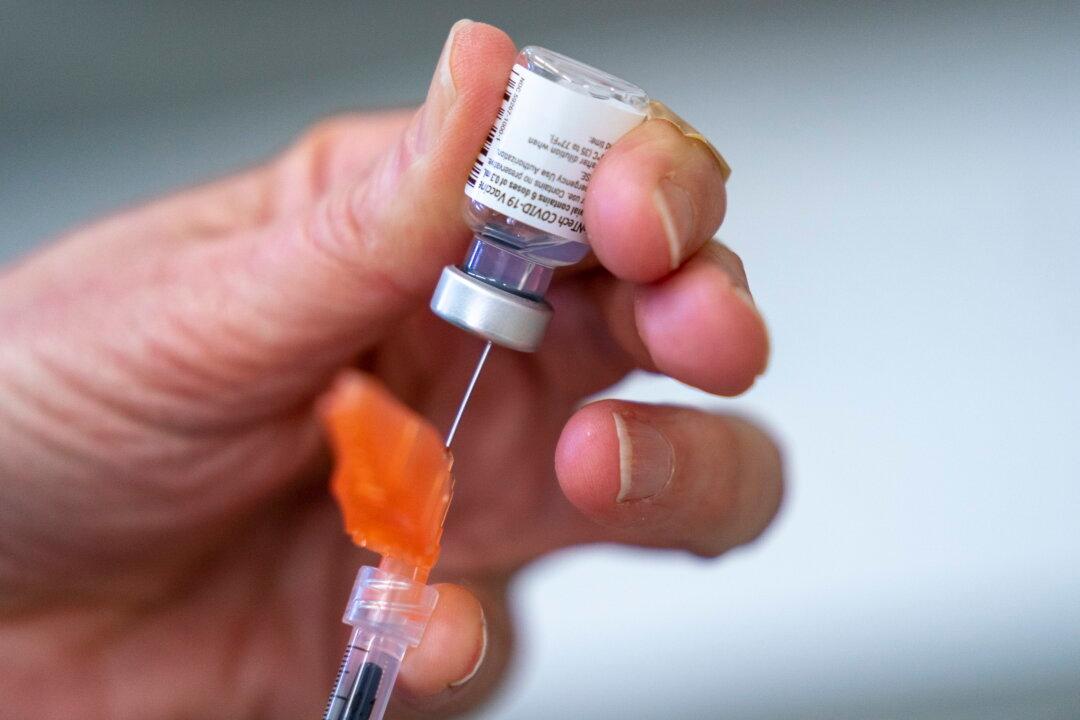The College of Physicians and Surgeons of Alberta (CPSA) has dropped charges against an Edmonton-area doctor who gave out COVID-19 vaccine exemptions to patients.
Dr. Michal Princ was charged with professional misconduct and was scheduled for a disciplinary hearing on March 8, which has now been cancelled.





